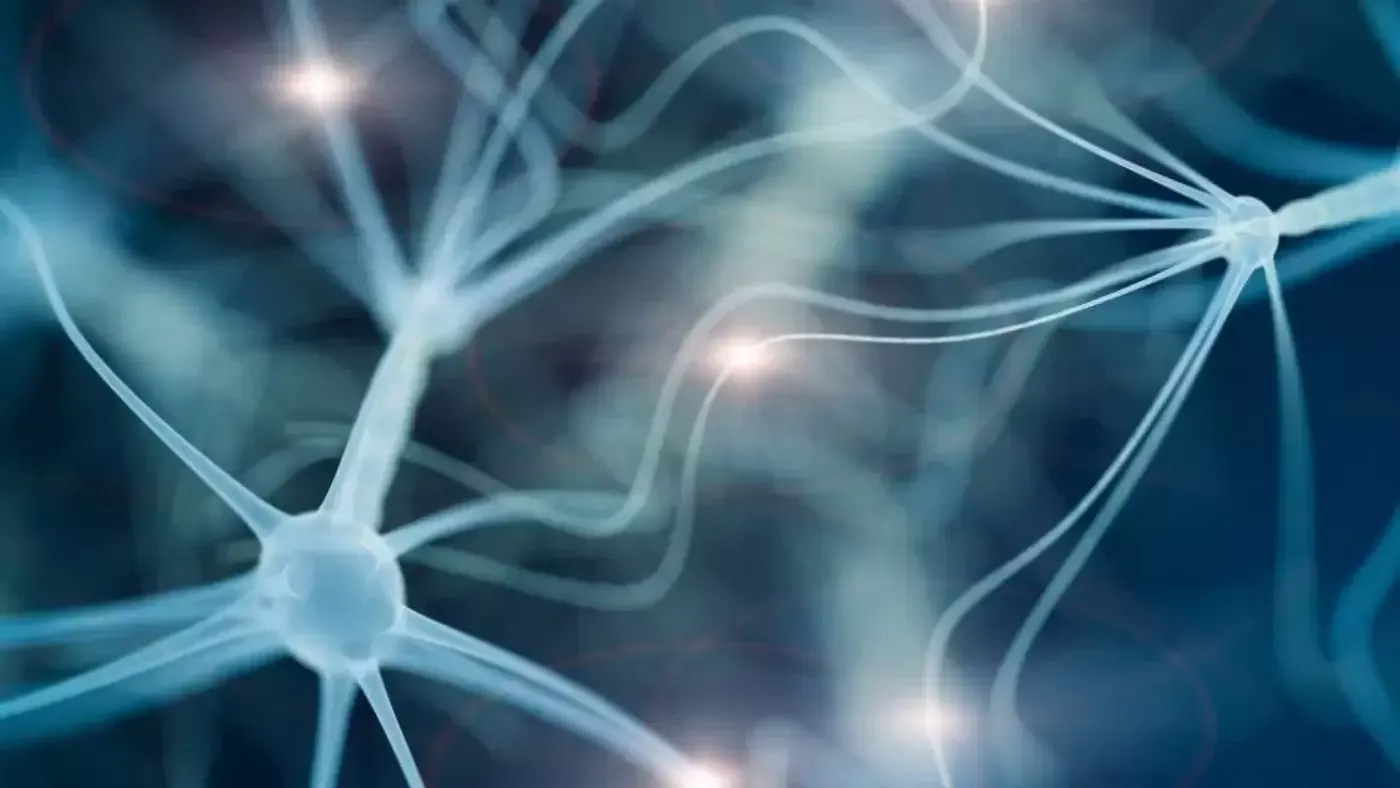
Scientists at the University of California, Los Angeles (UCLA) have invented a new drug that provides the effects of physical rehabilitation after a stroke. This drug, named DDL-920, showed high effectiveness in restoring brain function during experiments.
Stroke and its consequences
A stroke occurs due to a disruption in blood circulation in the brain and leads to a loss of coordination of movements. For most patients, complete recovery is achieved through long-term intensive physiotherapy. However, this method does not help all patients equally.
Mechanism of action of the new drug
The research team led by Dr. John Varghese identified that strokes negatively affect the activity of neurons associated with the parvalbumin protein in the brain. These neurons are responsible for the rhythmic activity of the brain (gamma oscillations) and play a crucial role in coordinating movements. After a stroke, these oscillations are disrupted, resulting in the patient losing their ability to move.
DDL-920 restores gamma oscillations by stimulating the activity of parvalbumin neurons and strengthens the lost connections in the brain. During the conducted experiments, mice that received the drug achieved complete restoration of their movement abilities.
Reactions from the scientific community
Scientists are calling the DDL-920 drug revolutionary, as there have been no drugs that could replace physical therapy after a stroke before. Dr. Thomas Carmichael, the lead author of the study, emphasized that the new drug could facilitate the rehabilitation process and increase its effectiveness. However, he also noted that the research is currently only in the experimental stage on animals.
DDL-920 could usher in a completely new era in the treatment process after a stroke. If clinical trials are successful, this drug could be a new hope for millions of patients in need of physical therapy. Scientists are currently preparing to test the drug on humans.